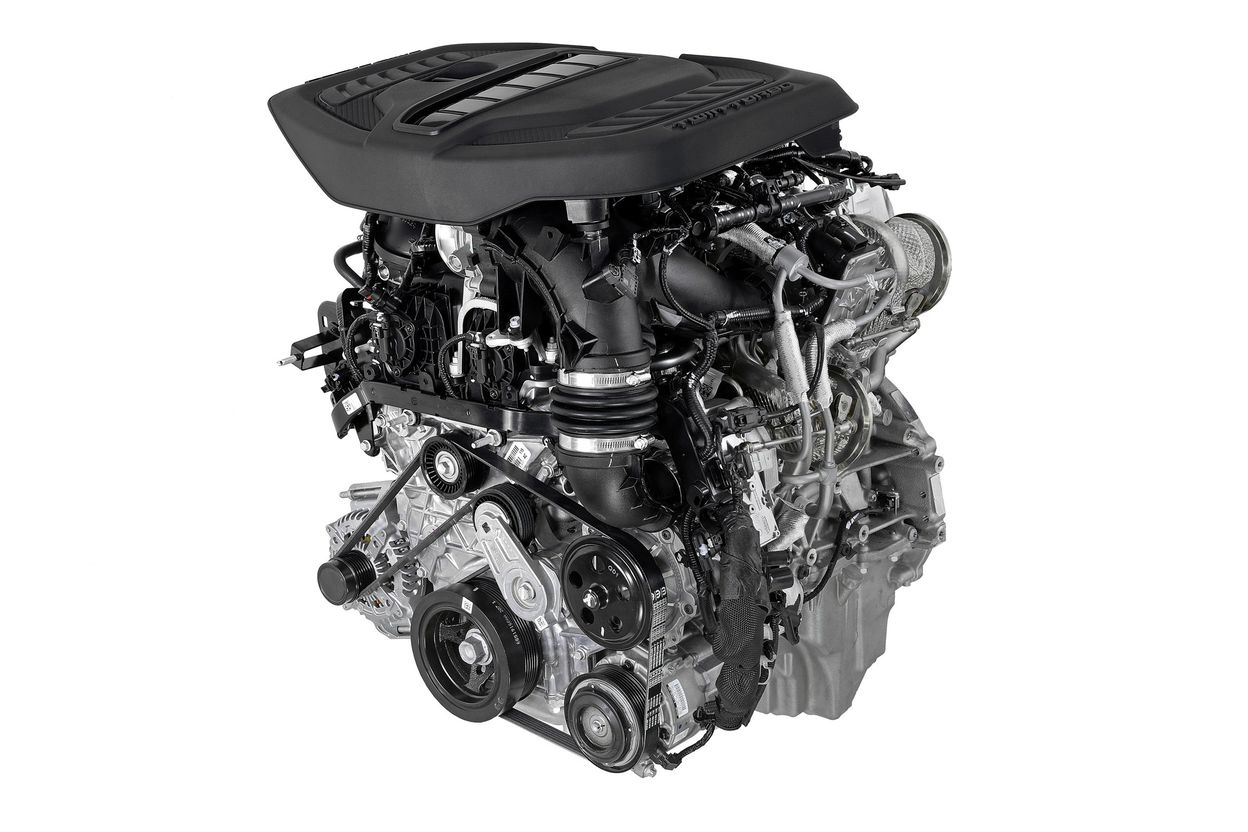Times are changing, also on the other side of the pond. Even traditional images must be in keeping with the times. Ford and Chevrolet are already experimenting with (unsuccessful) fully electric models, but they are more cautious in the Stellantis truck division.
Yet the upgraded RAM 1500 is a bit blasphemous. For the first time since 1959, the Dodge branch does not offer an eight-cylinder.

A tornado blows away a HEMI
Until recently, the Ram was available with the 5.7-liter, the ‘Heavy Duty’ 6.4-liter or the supercharged 6.2-liter HEMi V8 that we know from the Hellcat and Demon models. With power outputs of 395, 416 and 707 hp, every traditional photo enthusiast can get their money’s worth. For alternatives, there was a 3.6-liter V6, a three-liter V6 diesel and a 6.7-liter Cummins diesel inline-six.
However, all eight cylinders have been deleted for the 2025 model year. The HEMI is being replaced with a new one Hurricaneengine, a three-liter inline six with twin turbos. It is reported that the engine will be available in three versions with 420, 510 and 540+ hp. That final version will be huge Hellcat-The V8 in the Ram Rebel TRX needs to be replaced. The new version of the action will be called ‘RHO’.

Hybrid and electric
The Hurricane models will be joined by a plug-in hybrid variant with the impressively named Ramcharger. This model should give the feeling of a fully electric car, but with the flexibility to expand the range of gasoline.
The Ramcharger is also the forerunner of a fully electric model: the Ram 500 REV. The EV pickup will have a driving range of at least 800 km. However, given the fear between rivals Chevrolet and Ford, we don’t see the REV succeeding too quickly.

A shame

The news will no doubt come as a shock to Dutch fishmongers, contractors and other workers. After all, the unique features and wow factor of the HEMI V8 are gone.
The six-cylinder switch feels like an unnecessary sin, especially since Chevrolet and Ford continue to happily use big eight-cylinders. However, Stellantis has no plans to leave Aries. In addition to the familiar image, models such as the Dodge Charger and Challenger will also replace their HEMI with the Hurricane.

























